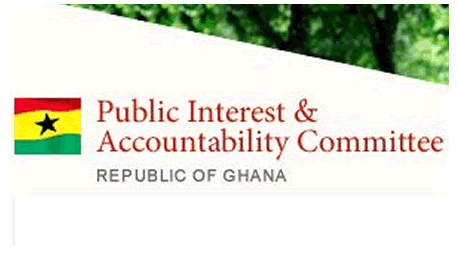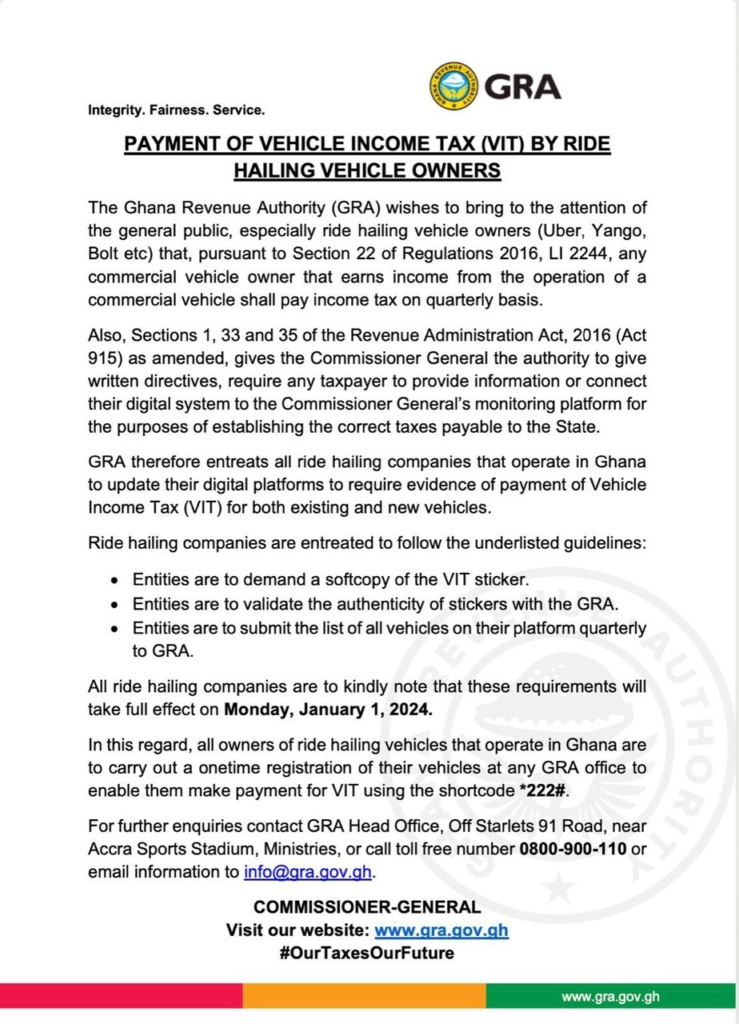
By Kizito CUDJOE
The government plans to amend the Petroleum Revenue Management Act (PRMA), 2011 (Act 815), to access portions of the Ghana Heritage Fund (GHF) and the Ghana Stabilisation Fund (GSF), ostensibly to finance green investment and related initiatives, a senior source close to the Finance Ministry has disclosed.

The decision, expected to be announced by the Finance Minister in the upcoming budget statement on Thursday, is believed to be the main reason the Ministry of Finance (MoF) recently met with selected individuals and civil society organisations (CSOs) within the natural resource governance space.
However, the meeting did not formally include the Public Interest and Accountability Committee (PIAC), the independent watchdog established under the PRMA to monitor the collection and use of petroleum revenues. It also excluded the Bank of Ghana (BoG), which manages the two funds, and other key statutory bodies responsible for oversight in the petroleum revenue management framework.
The GHF was created to preserve part of the country’s oil revenue for future generations, while the GSF cushions the national budget against shortfalls caused by oil price volatility.
According to PIAC’s 2025 semi-annual report, projected petroleum revenue for the 2025 financial year stands at US$1.01 billion. Based on the allocation formula prescribed by the Act, the Ghana National Petroleum Corporation (GNPC) is projected to receive US$192.67 million for both Levels A and B expenditures.
The Annual Budget Funding Amount (ABFA) is expected to receive US$573.08 million, representing 70 percent of the net benchmark revenue of US$818.69 million. The remaining 30 percent, amounting to US$245.61 million, will go to the Ghana Petroleum Funds (GPFs), with GSF receiving US$171.93 million and GHF US$73.68 million.
From August 2011 to June 2025, cumulative petroleum receipts distributed total about US$11.47 billion. Out of this, GNPC has received US$3.16 billion, 27.53 percent, while the ABFA has received US$4.55 billion, 39.69 percent. The GSF and GHF have received US$2.64 billion, 23 percent and US$1.12 billion, 9.78 percent respectively.
If confirmed, the government’s move could reopen debate over the sanctity of the PRMA and the extent to which the country’s oil revenue savings can be repurposed to meet short-term policy priorities.
The Act was last amended in April 2025 to discontinue sustained and predictable funding for PIAC, while also allowing the ABFA to be channelled exclusively into infrastructure projects nationwide. A broader review of the Act, initiated in 2018/19 with extensive stakeholder consultations, stalled between 2020 and 2024.
Reacting to the development, the Executive Director of the Centre for Social Impact Studies (CeSIS), Robert Tanti Ali, described the plan as risky and ill-advised.
“GHF and GSF remain our brightest hope for prudent management of petroleum resources. Their continued retention gives Ghanaians confidence in government’s ability to manage oil revenues,” he said.
Given this, he warned that touching these funds, especially the GHF, would amount to “robbing our unborn generation of their ability to benefit from our resources, and this is plainly wrong.”
“We have hailed the GHF as a model for ensuring intergenerational equity. If we had replicated this idea in the mining sector, we would not see the level of deprivation in mining communities. Why then is government tampering with it and taking us backwards?” he questioned.
Mr. Tanti Ali further expressed concern about the lack of transparency surrounding the proposed use of the funds. “Who provides oversight? Who makes decisions on investment? These are issues that must be clarified before any amendment is passed.”
Another CSO representative in the natural resource governance space, who spoke on condition of anonymity, noted that the PRMA already allows for the withdrawal of a portion of accrued interest after 15 years, that is, from 2026, subject to parliamentary approval.
“To that extent, what the Finance Minister can legitimately do is to request, through the budget, to withdraw part of the interest earned on the GHF. Anything beyond that will be dangerous and inimical to prudent management of Ghana’s resource revenues,” the source said.
The source further argued that Ghana risks losing all credible sovereign wealth buffers if the move proceeds. “The Minerals Income Investment Fund (MIIF), which was to serve as the minerals-backed sovereign wealth fund, has virtually been depleted. If the GHF and GSF are also touched, Ghana will have no stable savings base for its natural resource endowments, from gold to oil.”
He added that best practices in resource governance encourage saving during commodity price booms, as is currently the case with gold. “Prices will inevitably fall. The most reliable mechanism for long-term stability is to preserve sovereign wealth funds. Depleting them now signals poor planning for the future.”
In Ghana’s case, he said, crude oil production has been declining since 2020, with medium-term investment prospects uncertain due to the global energy transition. “If we fail to reverse these declines, the budget will face pressure in the coming years. The most viable mechanism for stability is to sustain and grow investments in the petroleum funds to yield returns that can cushion the economy during shocks.”
It is seen that any amendment that weakens Ghana’s oil savings mechanism could erode public confidence in how the country manages its resource windfalls and undermine the very principles of transparency and intergenerational equity that the PRMA was designed to protect.
The post Gov’t plans to tap oil savings for green projects under PRMA amendment – source appeared first on The Business & Financial Times.
Read Full Story




















Facebook
Twitter
Pinterest
Instagram
Google+
YouTube
LinkedIn
RSS